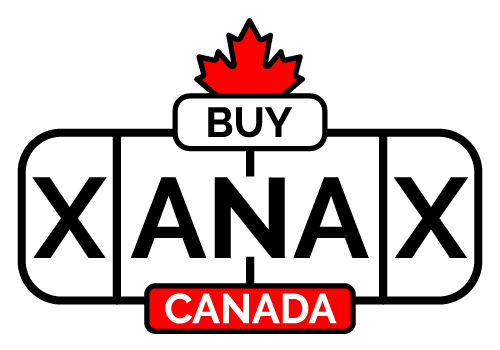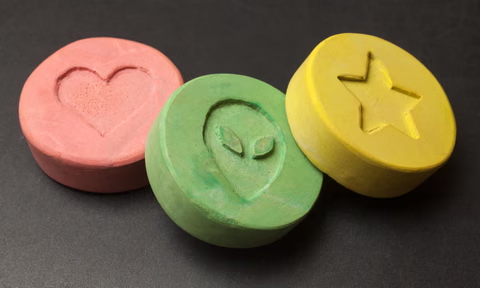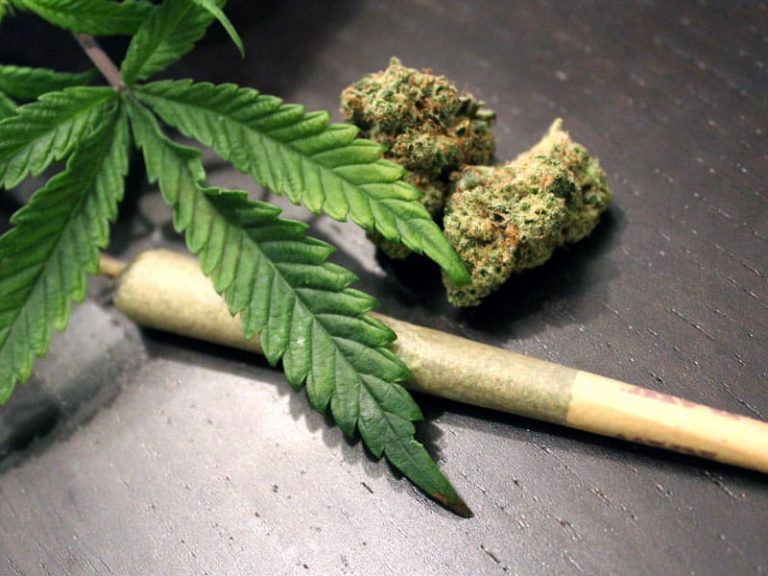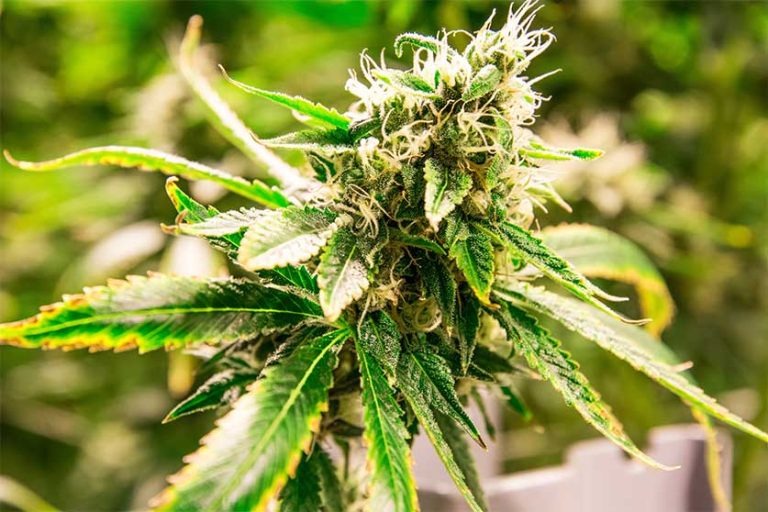Attention-Deficit/Hyperactivity Disorder (ADHD) is a neurodevelopmental condition that affects millions of people worldwide. It is characterized by inattention, impulsivity, and, in some cases, hyperfocus on specific tasks. While stimulant medications like methylphenidate and amphetamines are the most common treatments, some individuals have turned to cannabis—particularly THC (tetrahydrocannabinol)—as a potential alternative or complementary aid. But can THC really help with attention and hyperfocus in ADHD, or does it complicate the picture?
Understanding ADHD and Its Challenges
ADHD is more than just being easily distracted. People with ADHD often struggle with executive functioning, which includes skills like planning, prioritizing, sustaining focus, and regulating emotions. For some, this means difficulty completing everyday tasks, while for others, it results in periods of hyperfocus—intense concentration on a single activity, sometimes to the point of losing awareness of time or surroundings.
Traditional treatment involves stimulant medications, behavioral therapy, and lifestyle changes. However, not everyone responds well to these medications, leading some to explore alternative therapies like cannabis.
How THC Interacts with the Brain
THC, the main psychoactive compound in cannabis, affects the endocannabinoid system (ECS). The ECS helps regulate mood, memory, and attention through receptors like CB1 and CB2. By binding to CB1 receptors in the brain, THC alters neurotransmitter activity, particularly dopamine—a key player in motivation and focus.
Interestingly, ADHD has been linked to irregular dopamine signaling. Because of this, some researchers believe THC may help regulate dopamine function, potentially improving attention and reducing impulsivity.
Potential Benefits of THC for ADHD
1. Improved Attention and Focus
Some individuals with ADHD report that small, controlled doses of THC help them concentrate better. By influencing dopamine pathways, THC might provide a calming effect that reduces overstimulation and mental “noise,” making it easier to focus.
2. Managing Hyperactivity and Restlessness
THC may also reduce hyperactive behaviors. People who struggle with constant restlessness sometimes find that cannabis helps them slow down and regulate their energy levels.
3. Sleep and Emotional Regulation
Many with ADHD also experience sleep problems and mood fluctuations. THC, especially in indica-dominant strains, can promote relaxation and improve sleep quality, which indirectly supports better attention during the day.
The Risks and Downsides of THC Use in ADHD
While THC shows potential, it is not without drawbacks.
1. Short-Term Memory Impairment
THC is known to interfere with short-term memory. For someone already struggling with organization and recall due to ADHD, this effect can worsen daily functioning.
2. Risk of Dependency
People with ADHD are at a higher risk of substance use disorders. Relying on THC for focus may lead to psychological dependence over time.
3. Dose Sensitivity
The effects of THC can vary dramatically based on dose. Low doses may improve focus, while higher doses can cause sedation, paranoia, or distraction—exacerbating ADHD symptoms instead of relieving them.
THC vs. CBD: Different Cannabinoids, Different Effects
While THC is the primary compound associated with psychoactive effects, CBD (cannabidiol) has gained attention for its non-intoxicating, calming properties. Some people with ADHD prefer CBD or a balanced THC:CBD ratio because it may help regulate mood and anxiety without impairing memory or increasing the risk of distraction.
What the Research Says
Scientific research on cannabis for ADHD is still limited and mixed. A few small-scale studies and anecdotal reports suggest potential improvements in attention and hyperactivity, but larger, controlled clinical trials are lacking. Some evidence even indicates that frequent cannabis use in adolescents with ADHD may worsen cognitive performance.
Because ADHD often presents differently in each individual, THC may help some but hinder others. The lack of standardized dosing also makes it difficult to prescribe cannabis as a reliable treatment.
Practical Considerations for ADHD Patients
For individuals considering THC for ADHD management, here are some important points:
- Start Low, Go Slow: Begin with very small doses to see how the body responds.
- Prefer Balanced Strains: Consider strains with both THC and CBD for a more balanced effect.
- Use Under Guidance: Consult with a healthcare professional, ideally one familiar with both ADHD and medical cannabis.
- Avoid During Adolescence: Because the brain is still developing, cannabis use in young people may increase risks of long-term cognitive issues.
Conclusion: Can THC Help with Attention and Hyperfocus?
THC may hold potential as a complementary aid for managing certain ADHD symptoms like restlessness, hyperactivity, and even periods of scattered focus. However, it is not a one-size-fits-all solution. While some individuals report improved concentration and mood regulation, others may experience worsened memory, dependency, or distraction.
Until more robust research is available, THC should be approached with caution. For those exploring cannabis as part of their ADHD management, mindful dosing, medical guidance, and consideration of alternatives like CBD are essential. Ultimately, THC may help some people harness attention and manage hyperfocus, but it should not replace proven ADHD treatments without professional oversight.



